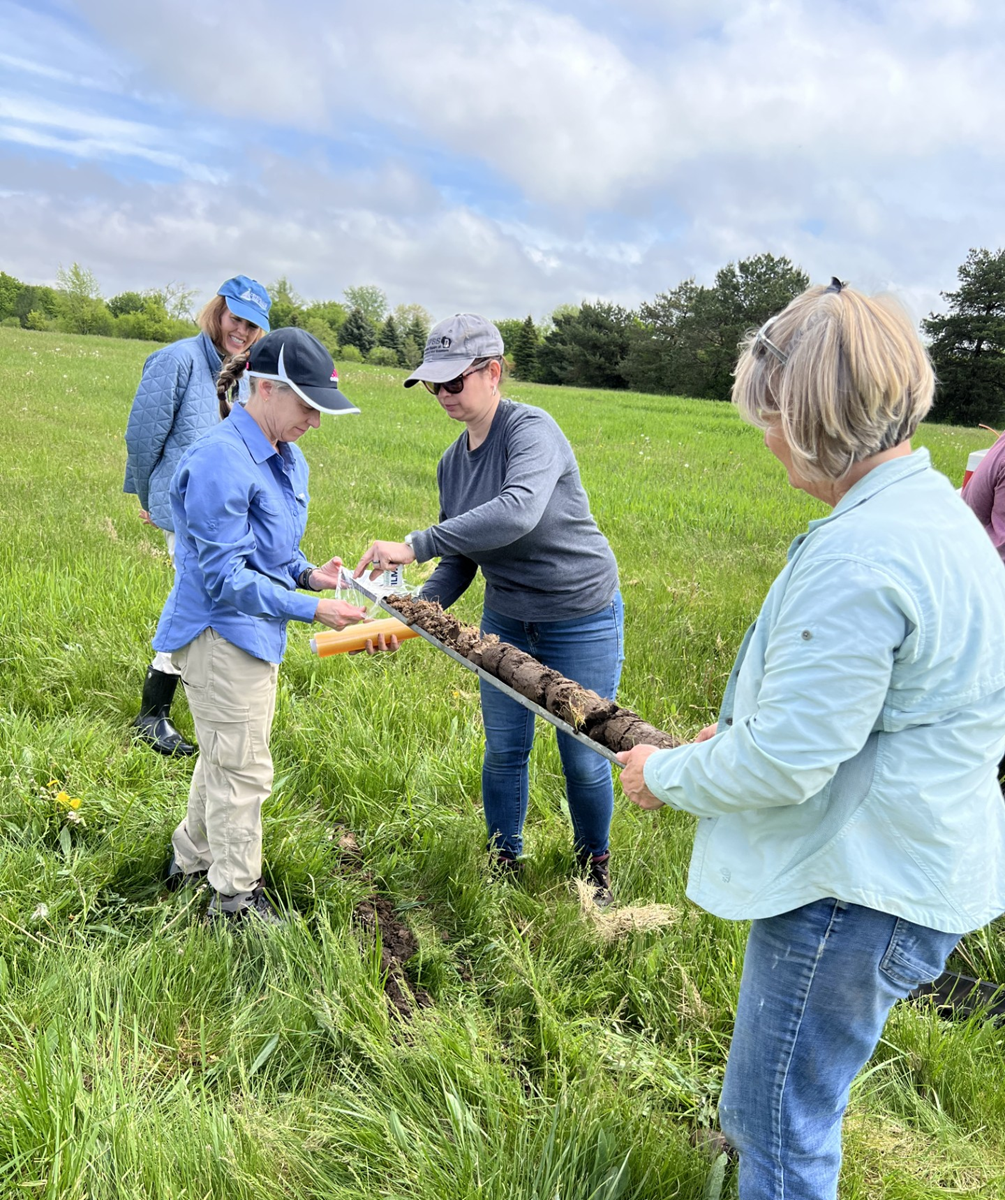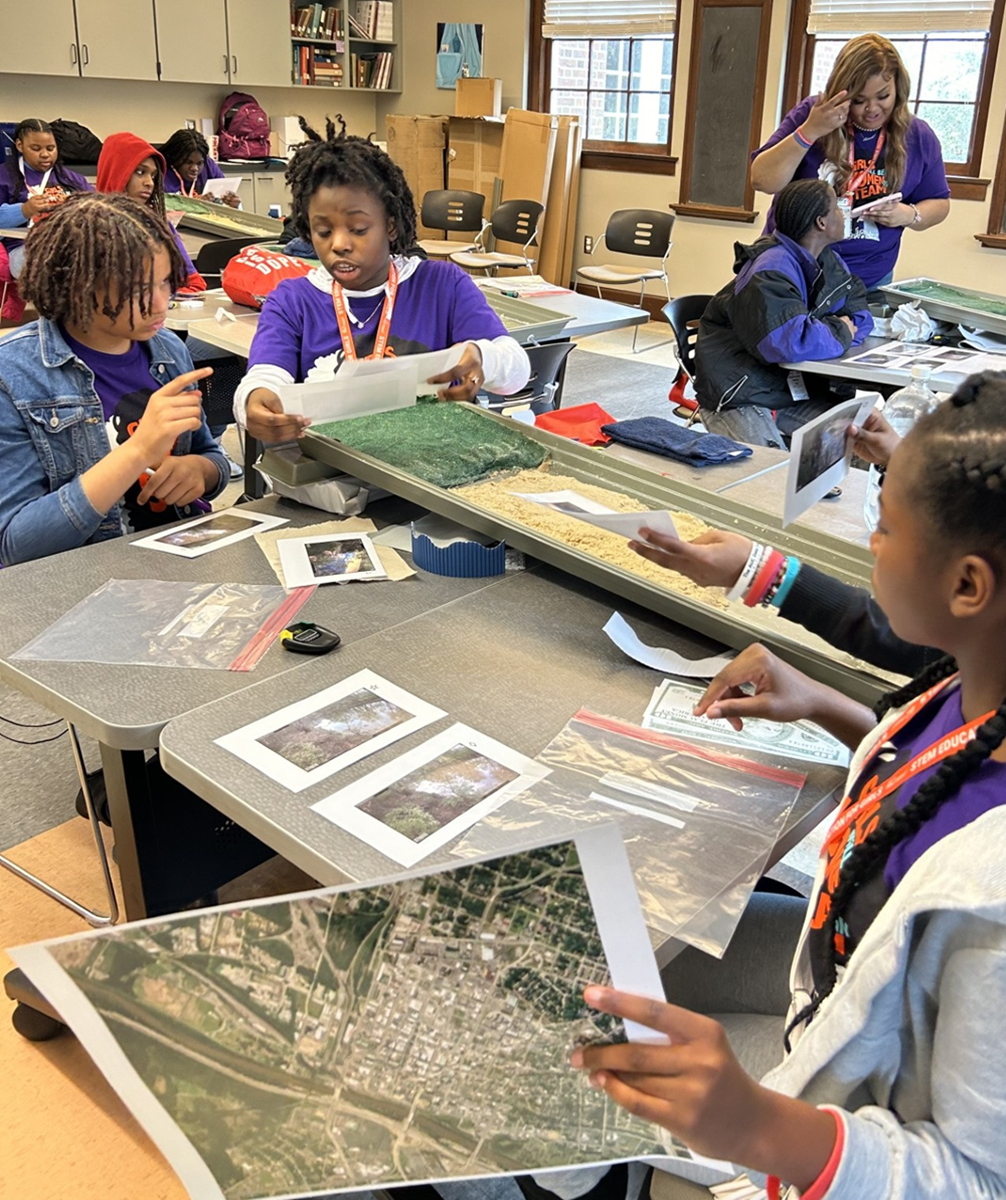Education and Outreach
About the Education and Outreach Department
AGI’s Education and Outreach department offers an exciting array of cutting-edge products and services for K-12 educators — including NSF-funded curricula, high-definition videos, classroom activities, and teacher professional development opportunities, in addition to organizing the annual Earth Science Week celebration. Check back often to see what’s new from AGI Education!
Engage with Us
The AGI Education and Outreach department is eager to collaborate with you! We partner with educators, school systems, geoscience professionals, organizations, and societies for Earth Science Week and other projects and initiatives. Additionally, we offer a wealth of geoscience resources through our searchable database, Education GeoSource. Reach out to explore how we can work together!
Recent AGI Education and Outreach Department Activities
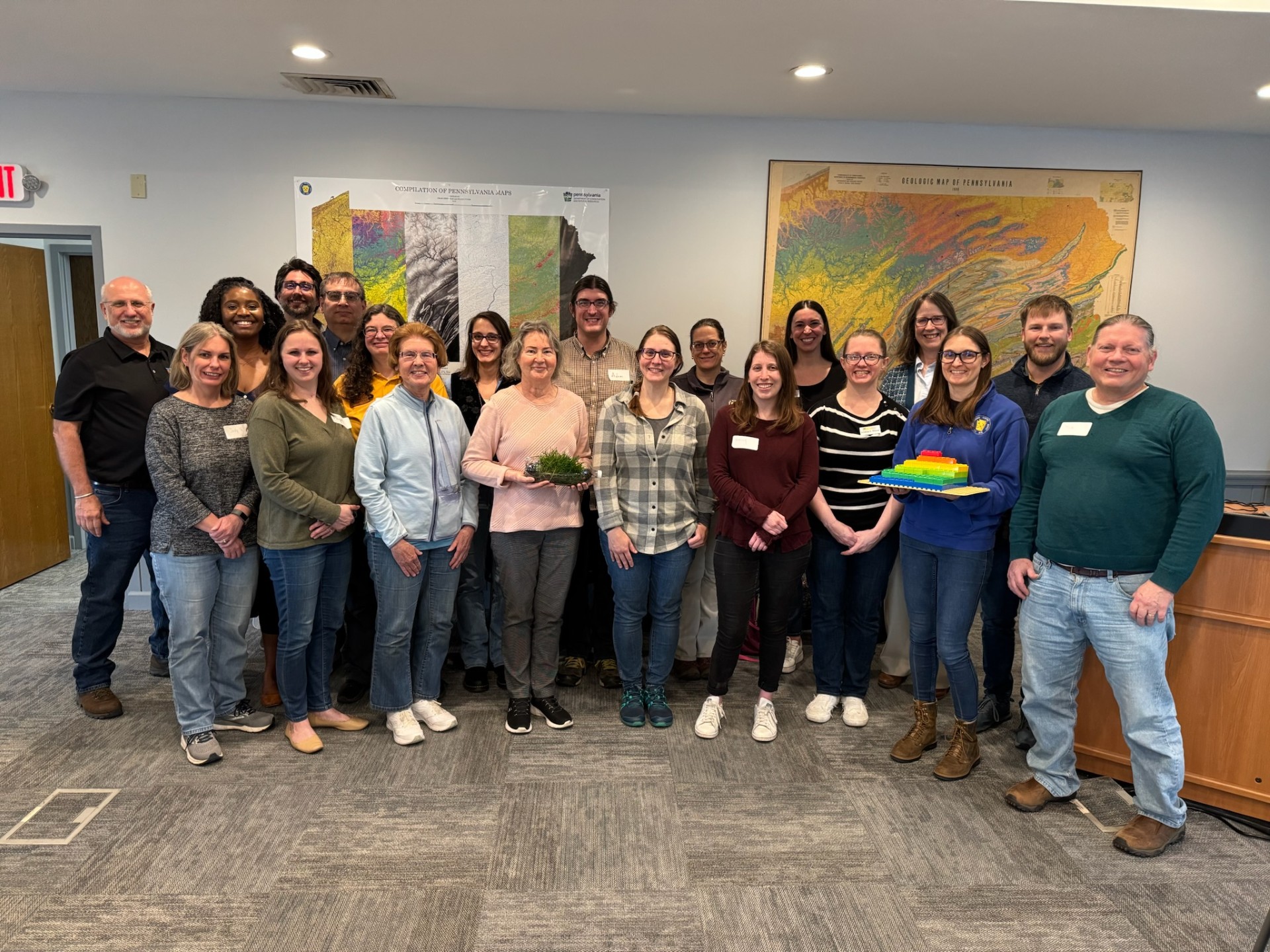
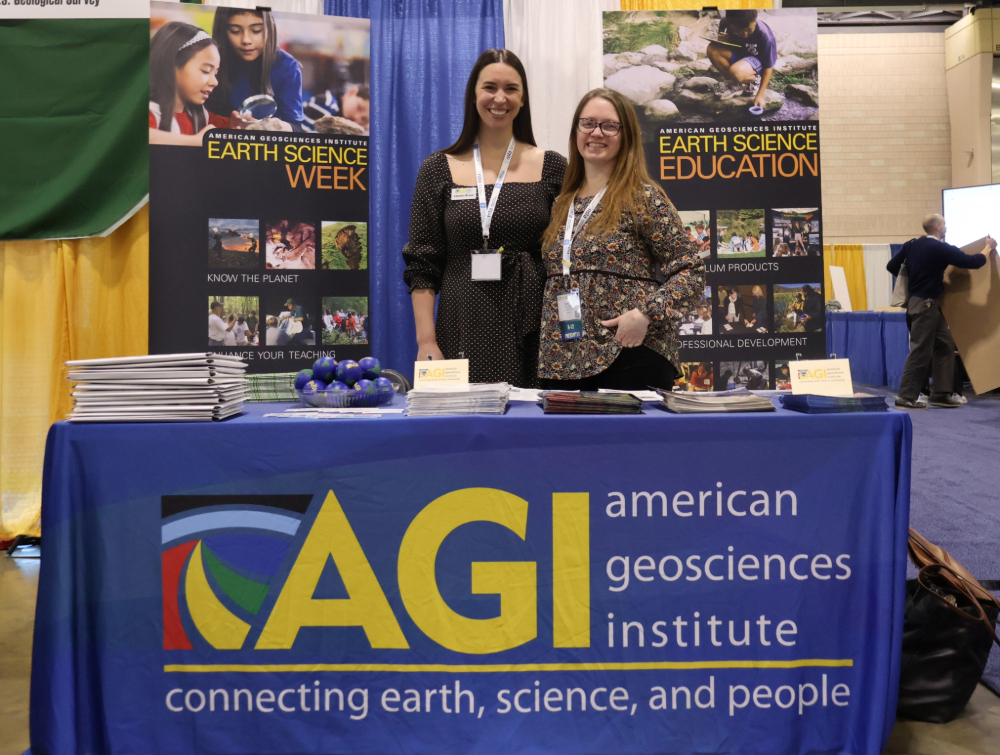
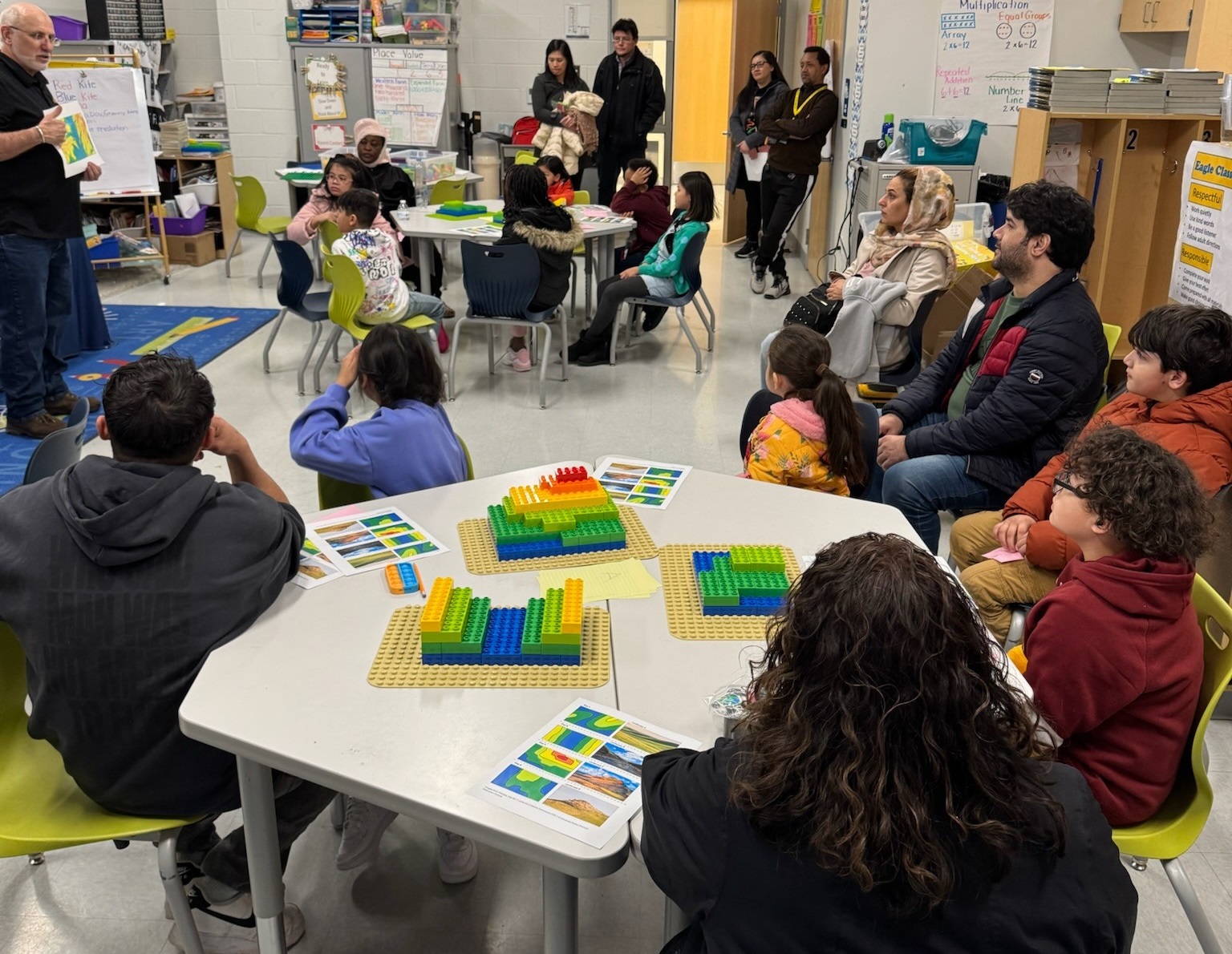

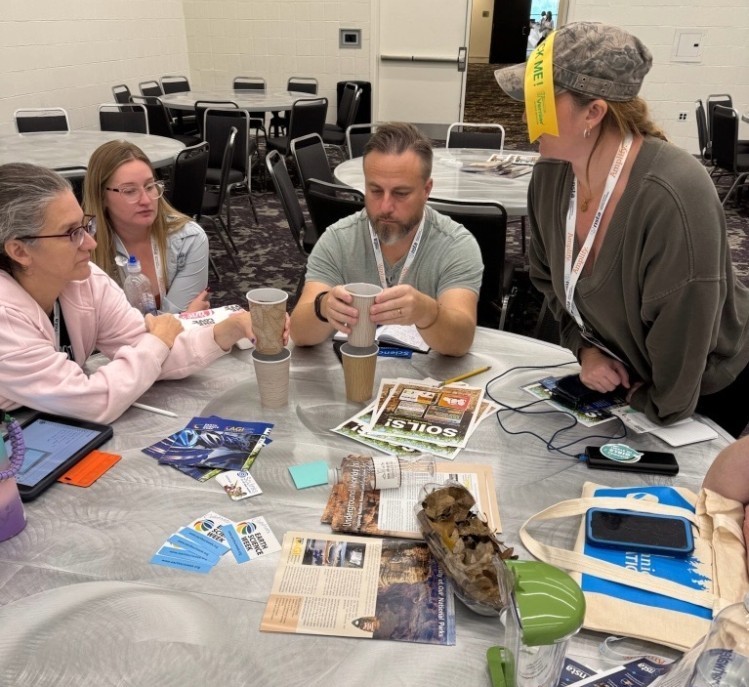

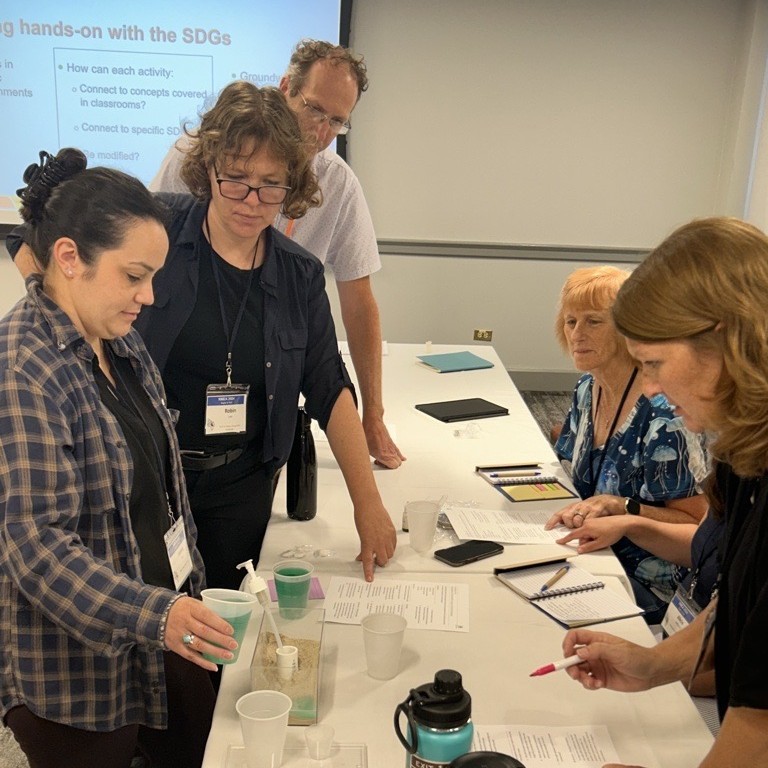
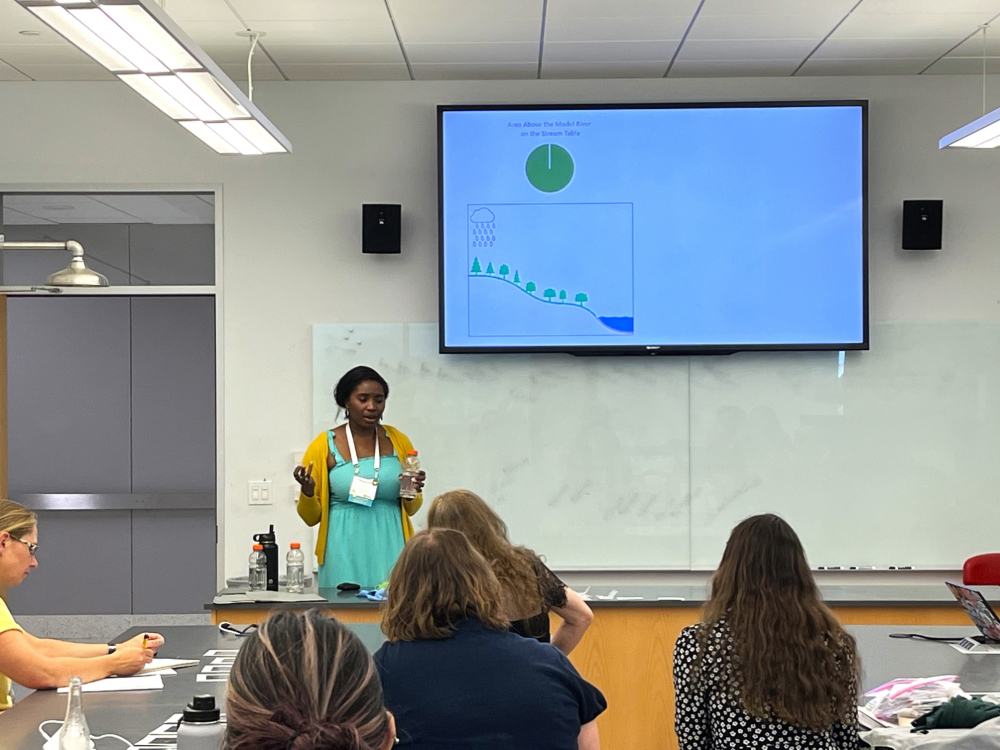
Contact Us
For more information about or to work with the AGI Department of Education and Outreach, contact outreach@americangeosciences.org.

